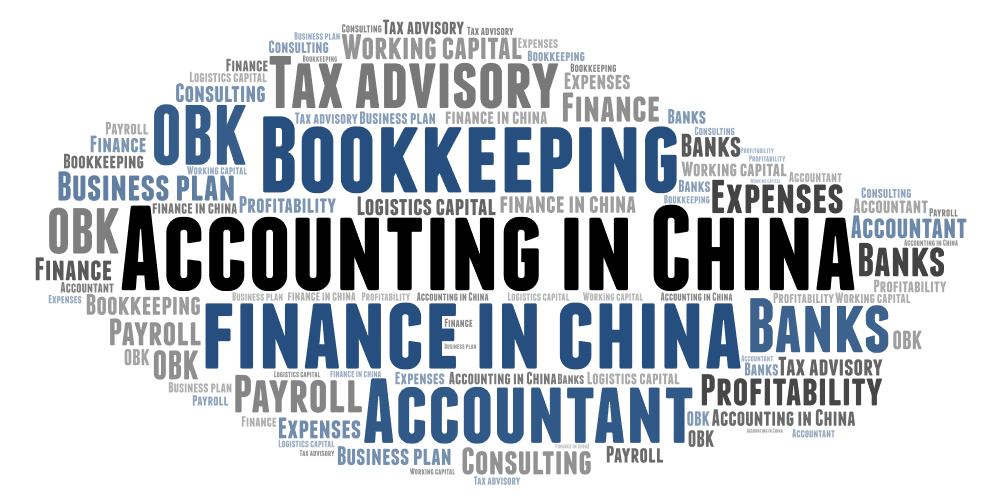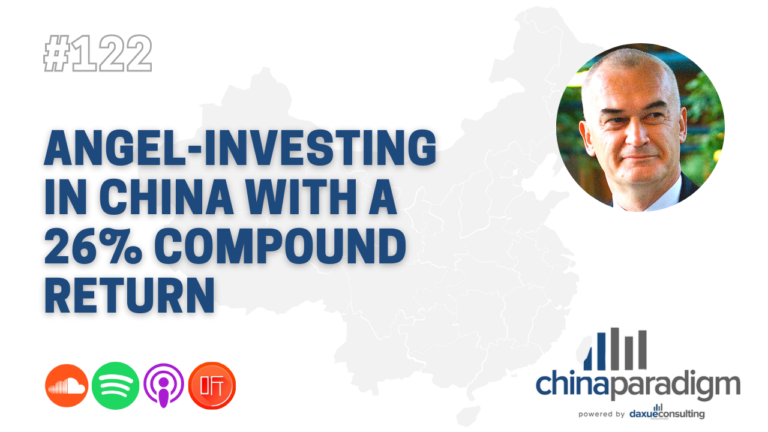China Paradigm interviewed Stéphane Grand, in the China business podcast China Paradigm, who is the founder and CEO of the finance company SJ Grand, to understand how he set up his business in China in the early 2000s.
Stéphane Grand celebrates 20 years of financial and legal consulting experience in China
Graduated from HEC Paris (MBA), Sorbonne University (PhD in Chinese corporate law) and the Fletcher School of Law and Diplomacy, Stéphane Grand has direct experience in the Chinese legal system as a partner in the Beijing office of law firm Gide Loyrette Nouel and the World Bank’s Legal Reform and Private Sector Development departments.

[Stephane Grand, Founder of a Finance company in China]
He founded S.J. Grand Financial, and Tax Advisory in 2003 and the finance company has developed several activities in China: corporate financing, risk management, accounting, restructuring, working capital optimization and other profitability strategies in China.
S.J Grand, an accounting firm in China providing client-centered professional services
S.J Grand has today about 40 people and 300 active customers. They have been getting quite stable around this number over the last 2/3 years. They are now opening their 5th office in Taipei hoping to open the next one in Singapore in a few weeks.

Stephane Grand decided to set up S.J Grand when he realized that a lot of foreign companies have financing issues and that lots of those financing issues came from the poor management of working capital.
‘’The thing is that for a lot of foreign managers coming into China, they have to interface with the Chinese market through Chinese staff and the Chinese staff very often tries to keep things done as they’ve always been done. So, helping companies manage this, goes beyond just taking care of the suppliers and the customers, you have a lot of cycles to implement, a lot of procedures and protocols to put in place inside of companies to train the people, to check that things are done properly and so on.’’
Thus they developed the workflow management solution named OBK: a new interface that allows clients to input their figures and vouchers within the process of production in their company in China instead of doing in on Excel. This online bookkeeping system is a powerful tool well implemented among the clients that allow them to monitor their business, expenses, and payroll.
Expanding your accounting business in China: Why the different locations have to be chosen?
When running an accounting business in China, it can quickly become difficult to meet customers outside the city where our headquarters are located. Thus, opening offices in different strategic cities seemed to be the right solution for Stéphane Grand. In a sector such as finance where you need to meet customers, especially for restructuring or consulting services, it is not convenient to send your employees all over the country.
‘’China is a very large country, it’s just something that is not recognized easily because you’re thinking that you can actually take a bus between Beijing and Shanghai. Yes, you can take a bus to Beijing and Shanghai. It’s just going to take you a day, so it’s not feasible to operate businesses, recurring businesses remotely.’’
Accounting in China: The two questions that all entrepreneurs in PRC ask
- How much money do I have to invest in my logistics capital in China?
- How do I get money out of the country?
‘’The problem with figuring out how much investment you should be putting into your company in China, is that most foreign companies think in very Western terms. They think that there is not enough investment; it would be easy to turn to a bank. For that to take a few days to wire money into their accounts in China, and it is not true in either of the cases.’’
The first thing to know when entering the Chinese market is that it is tough to get financing from banks. Some companies succeed, but most of the time it is impossible, especially for SMEs. The best way to solve this problem is to bring as much money as you’re going to need, based on your revised business plan for China.
‘’If it’s your first business in China take your business plan, push the income 6 months in the future and double the expenses and then you have your real business plan. This is how it’s going to work.’’
Indeed, the expenses are going to be higher than you think. First, because wages are not as low as Westerners think. If you want good managers who have experience abroad and speak several languages, then salaries will be as high as in the rest of the world. Then, real estate in Shanghai is costly. And also many entrepreneurs are obsessed with the size of the market but forget to think about competition. Entrepreneurs in China have to fight and succeed in targeting the right people with the right products.
‘’Things are really not as easy as they seem to be seen from abroad. We see China through a very small keyhole.’’
You can watch to Stéphane Grand’s interview in the China Paradigm podcast below:
China Paradigms is committed to sharing knowledge for economic growth in China
For any questions about China please do not hesitate to contact us at press@daxueconsulting.com










